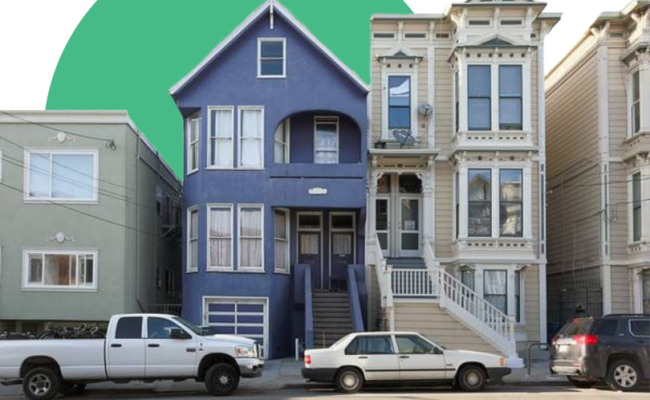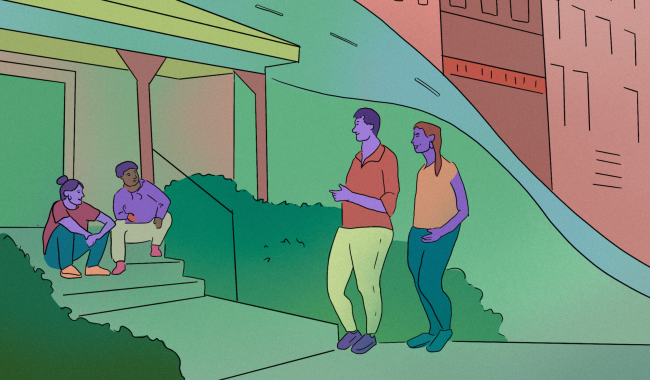What happens when the people who have been left out, extracted from, and marginalized by research take the lead and frame their own questions, create their own systems for knowledge, and use that to catalyze change in the structures that shape their lives? What are the strategies and tools for this to be an authentic, people-centered process? How do we connect the work of shifting culture and relationships with the transformation of institutions and policies?
The Community Power and Policy Partnerships (CP3) Program partners with community-based organizations to advance strategies through which all members of marginalized communities have the resources, tools, and power to be meaningfully involved in transforming the structures that shape community wellbeing and belonging. We facilitate, and advise our partners in facilitating, participatory processes in which residents most impacted by issues of concern lead transformative change.
We produce interactive workshops, planning formats, research tools, and communications tools that are integrated with our partners' grassroots organizing and leadership development strategies. This leads to analysis, policy, and strategies that reflect the direct experience and vision of affected community members and the insights of scientific and technical analysis. Our work is anchored locally in a long-term partnership with communities in Richmond, California, and we partner with groups around the country based on shared values and the potentially transformative nature of the potential impact.












